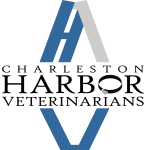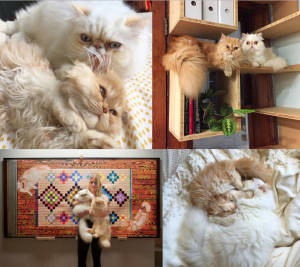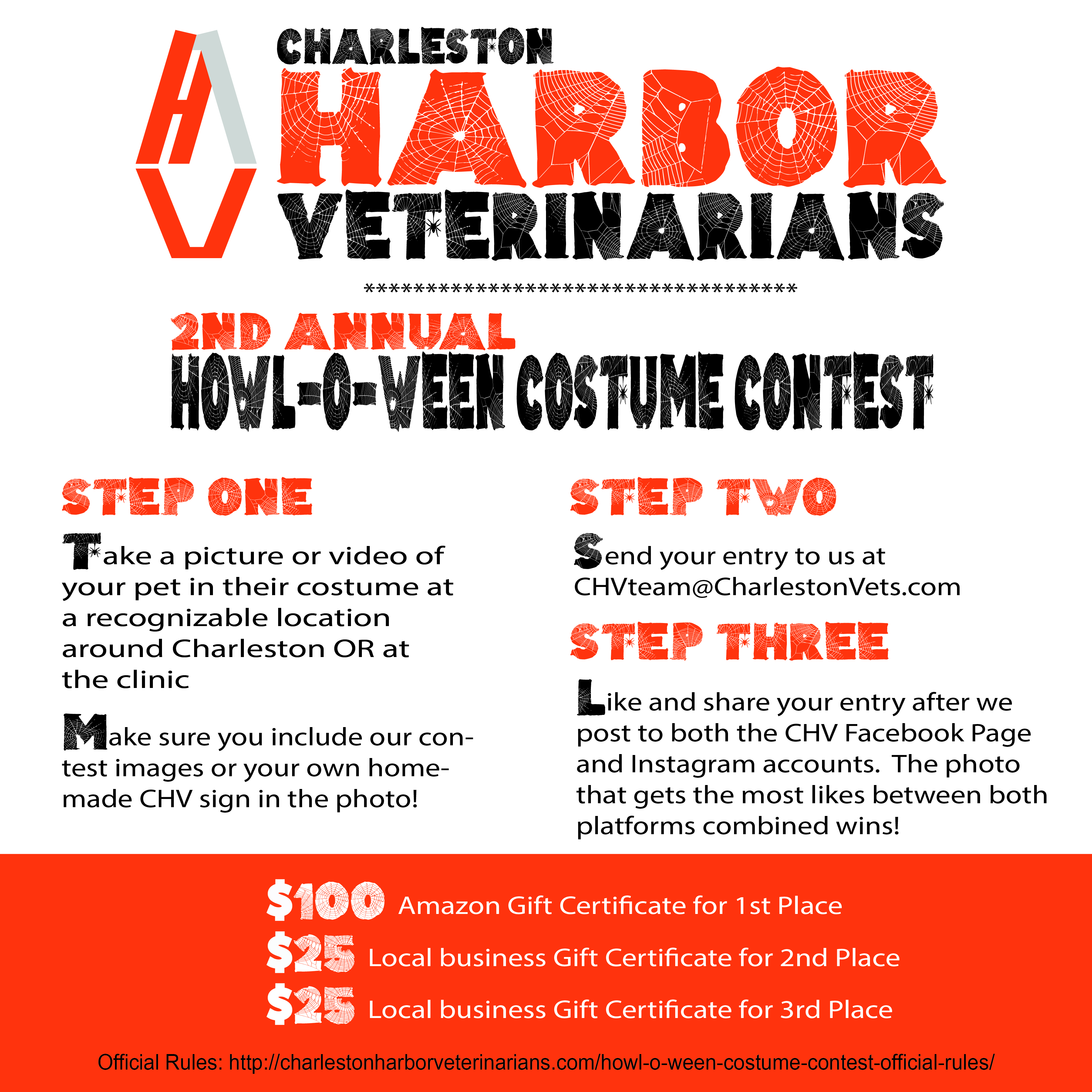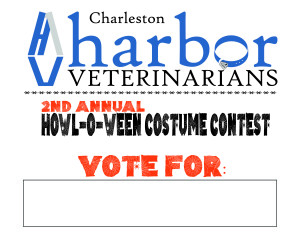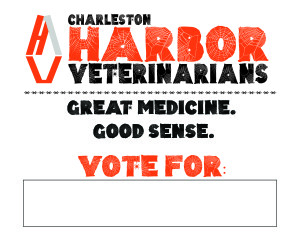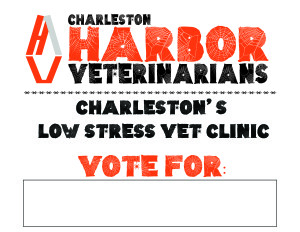Back on June 9th, we posted a blog that stated that the H3N2 strain of Canine Influenza was reported in South Carolina, but we did not know the location. Recently, we have heard reports of a couple of confirmed cases in our lowcountry area.
Please, refer to the previously mentioned blog for information on the disease itself. 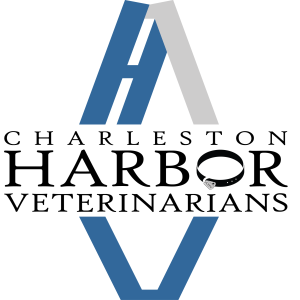
Dogs who are the most at risk for catching this virus are dogs that will travel to locations such as shows or competitions, where they will have exposure to high numbers of dogs from many different locations. For these dogs, we strongly recommend vaccination for influenza vaccinations H3N2 and H3N8 prior to travel to that event.
Dogs who are at moderate risk are locally social (visit dog parks or other pet friendly gathering spots) or attend boarding facilities. Vaccination for these pets may be of benefit and something that you may wish to discuss with your veterinary practice.
Remember, that it takes 1 vaccination and then a booster vaccination 3 weeks later to complete the vaccination series. Afterwards, it may take another week for your dog to have developed the immune response to be fully protected. Therefore, pet owners who feel that their dog has a strong need to be vaccinated for travel or boarding should prepare a month in advance to make sure adequate time is allowed for both vaccinations to be administered.
Even with vaccination, there is no guarantee that your pet will not develop clinical signs if exposed to the influenza virus. As with people receiving the human influenza vaccination, the goal is to lessen the severity of the symptoms should the disease develop.
We will continue to see all patients with respiratory infections outside in our parking lot for examinations, to decrease the chance of spreading this illness to any of our patients within the practice. Thank you, for your understanding in this matter.
As always, thank you, for your trust in Charleston Harbor Veterinarians. It is a joy to get to meet each one of your pets.
-Dr. Janette Blackwood
